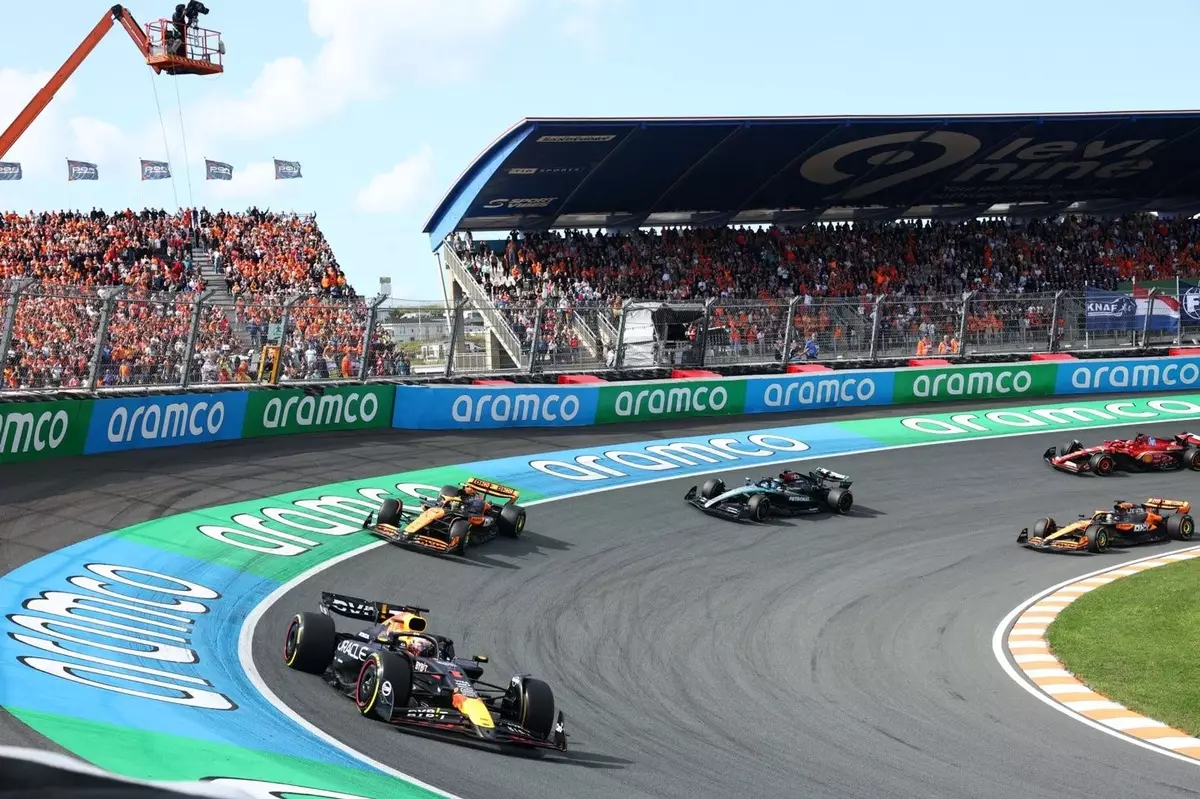The Dutch Grand Prix: A Farewell to a Revered Motorsport Tradition
It’s always a bit bittersweet when we have to say goodbye to something we’ve cherished for so long. The Dutch Grand Prix, a beloved fixture in the world of motorsport, is set to conclude its modern chapter in 2026. This decision has left many fans with mixed emotions. While the thrill of the races and the excitement that comes with them will be missed, it’s also a time to reflect on the beautiful memories created over the years at Zandvoort.
Personally, I have always felt a special connection to the Dutch Grand Prix. There’s something magical about watching those cars zoom around the track, feeling the adrenaline in the air, and sharing those moments with fellow enthusiasts. As we prepare to bid farewell, let’s take a moment to appreciate everything this race has brought to our lives and why it has been such a significant part of the motorsport calendar.
Key Takeaways
- The Dutch Grand Prix will have its final races in 2025 and 2026.
- Financial challenges have played a significant role in the decision to end this event.
- The legacy of Zandvoort as a motorsport venue remains strong and celebrated.
The Return and Rise of Dutch Motorsports
When Formula 1 returned to Circuit Zandvoort in 2021 after a long hiatus, it felt like a homecoming for Dutch motorsport fans. This revival was largely driven by Max Verstappen’s rise as a national hero in F1 racing. His success on the track sparked renewed interest across the Netherlands, and fans flocked to see him race at home. Initially set for just three years, the contract was extended due to overwhelming enthusiasm, bringing joy and pride back to Dutch motorsport.

However, as exciting as this return has been, it also came with its share of challenges. The contract extension through 2025 reflected both hope and uncertainty; hope that the excitement would continue but uncertainty about what lay beyond. Now, with only two races remaining, fans are faced with the reality that this beloved event is nearing its conclusion. It’s not just an end but also an opportunity to reminisce about countless unforgettable moments at Zandvoort.
Navigating Financial Challenges
The journey leading up to this announcement wasn’t without hurdles, particularly on the financial front. Robert van Overdijk, Director of the Dutch Grand Prix, highlighted how proposed VAT increases added complexity to negotiations with F1 management. Balancing event costs against revenues proved challenging, underscoring an issue common across global motorsport: finding sustainable financial models for events requiring substantial investment.

Efforts were made to explore alternatives, including a rotation system with the Belgian Grand Prix. This could have allowed both races to coexist more sustainably. However, maintaining the standalone nature of the Dutch Grand Prix was prioritized by organizers who sought to preserve its unique identity despite uncertainties. This decision reflects their commitment to honoring tradition while navigating modern economic challenges.
Even as plans unfold towards winding down this iconic event, optimism remains for the final races scheduled in 2025 and 2026. Van Overdijk emphasizes delivering memorable experiences until then—an embodiment of respect for history and gratitude towards loyal supporters who have stood by through thick and thin.
A Legacy Worth Celebrating
The Dutch Grand Prix’s legacy is one worth celebrating wholeheartedly. Debuting on the F1 calendar back in 1952 before flourishing until 1985, its story continued even after departure from F1 stages by becoming an epicenter for European-level events—a testament reflecting enduring passion among fans eager for reinstatement into Formula One circuits!

The resurgence marked by returning races brought forth not only cherished competitions but also ignited national pride once again amid roaring engines echoing throughout Zandvoort’s landscape! As countdown begins towards concluding chapters ahead—celebrations must ensue honoring joyous moments shared amongst spectators united under love-filled banners cheering alongside tracks worldwide!
Final Thoughts
Saying goodbye isn’t easy; however necessary transitions offer space wherein reflections lead us towards brighter horizons filled with yet-to-be-discovered adventures awaiting our embrace! As we prepare ourselves emotionally—for farewell season soon upon us—let’s cherish remaining opportunities bask amidst vibrant atmospheres crafted uniquely within spectator hearts forever etched upon memories eternally cherished thereafter!
Dutch Grand PrixMotorsportsZandvoortFormula 1Max Verstappen


Leave a Reply